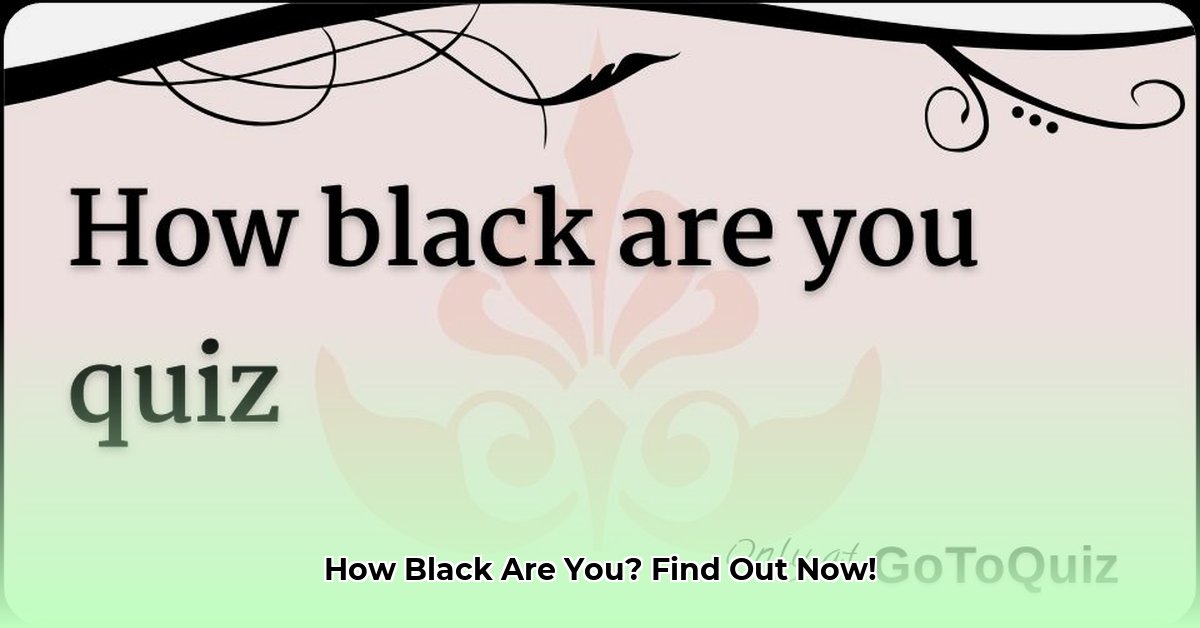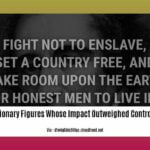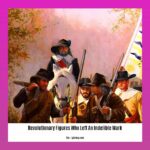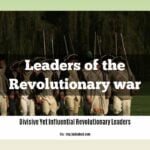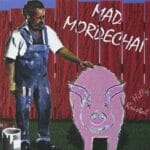“How Black Are You?” quizzes have become a common online phenomenon, offering a seemingly lighthearted way to engage with Black culture. But do these quizzes truly celebrate, or sometimes misrepresent, Black identity? This article delves into the complexities of these quizzes, exploring their potential for both positive and negative impacts. For further exploration of Black cultural expression, see this article on Black American Writers. Black American Writers
Deconstructing the Quiz Phenomenon
These quizzes typically present multiple-choice questions covering aspects of Black culture, from music and food to historical figures and slang. While often presented as celebratory, the very act of quantifying “Blackness” raises fundamental questions. Can a quiz truly capture the richness and nuance of a lived experience? Black identity is not a checklist but a complex tapestry of personal narratives, heritage, and community connections. Reducing this to a numerical score risks trivializing the profound diversity within Black communities. Furthermore, the accuracy of these quizzes, often created by individuals outside the culture, warrants critical examination.
Content Under Scrutiny: Stereotypes and Oversimplification
Many quizzes rely on stereotypical representations, focusing on easily recognizable pop culture elements while overlooking the vast spectrum of Black experiences. For instance, an overemphasis on hip-hop and slang, while neglecting literature, science, or the arts, presents a distorted and incomplete picture. This oversimplification reinforces harmful tropes and perpetuates biases, especially for those unfamiliar with the nuances of Black culture. A truly celebratory approach would showcase the full breadth and depth of Black contributions across various fields. Consider the groundbreaking work of Dr. Charles Drew in blood storage, the literary genius of Nobel laureate Toni Morrison, or the pioneering achievements of Katherine Johnson, Dorothy Vaughan, and Mary Jackson, the brilliant Black women mathematicians who were instrumental in NASA’s early space missions. These examples, often overlooked in quizzes, reveal a richer, more nuanced understanding of Black excellence.
Context and Responsibility: Navigating a Complex Landscape
These quizzes exist within a socio-political context shaped by historical oppression and systemic racism. Separating seemingly harmless entertainment from this history is crucial. Responsibility for ethical representation rests on multiple stakeholders. Quiz creators must prioritize accuracy, diversity, and cultural sensitivity, consulting with cultural experts to ensure authenticity. Educators should critically evaluate these quizzes before using them as educational tools, emphasizing critical thinking and nuanced discussion. Users should engage thoughtfully, recognizing the inherent limitations and potential biases. Platforms have a duty to moderate content, preventing the spread of harmful stereotypes and promoting responsible engagement. Organizations like the NAACP and the National Urban League offer valuable resources and perspectives on issues of race and culture, providing further context for understanding the complexities of Black identity.
Moving Forward: Transforming Quizzes into Opportunities
The goal is not to condemn quizzes outright, but to foster a more critical and nuanced approach. These quizzes can serve as starting points for genuine learning and engagement. Imagine a quiz that, instead of relying on stereotypes, introduces users to the vibrant world of Afrofuturism, exploring the works of Octavia Butler and N.K. Jemisin. Or a quiz that highlights the contributions of Black scientists and inventors, inspiring a new generation of innovators. By incorporating diverse voices, historical context, and a commitment to accuracy, we can transform these quizzes from potentially harmful tools into opportunities for deeper cultural appreciation and understanding. Furthermore, linking quizzes to reputable resources and educational materials can enrich the learning experience and foster a more informed perspective.
- Amazing March Fun Facts: Unveiling History & Celebrations - April 15, 2025
- Master how to write height: A complete guide - April 15, 2025
- How High Are Your Standards Test: Find Your Perfect Match Now - April 15, 2025
